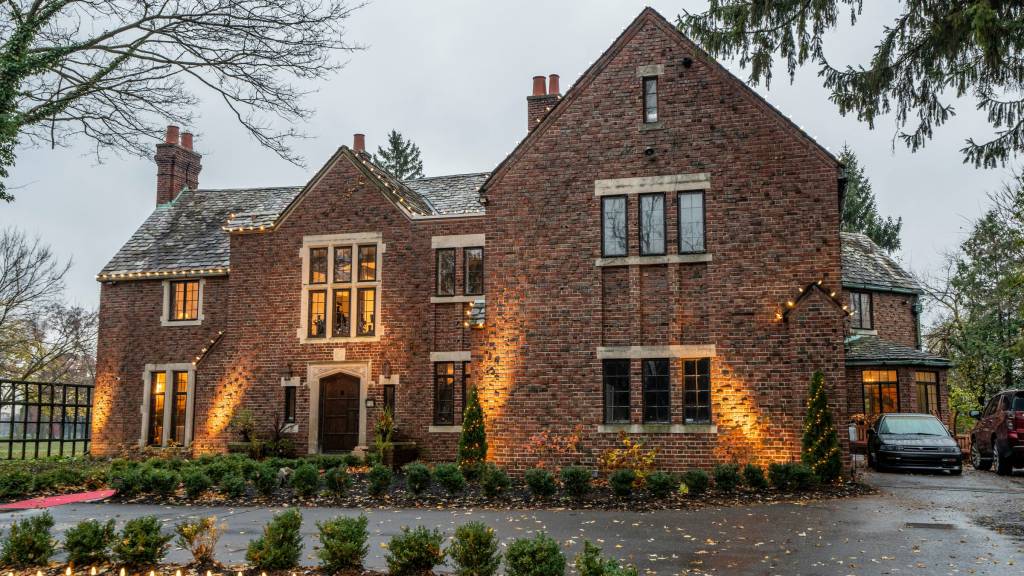The Rose Estate in Detroit holds a special place in Aretha Franklin’s history, as it was once her second metro Detroit home where she sought creative inspiration and held lavish parties. Purchased by Franklin in 1994 from artist and activist Patricia Hill Burnett, the 5,623-square-foot property in Palmer Woods fell into disrepair over the years as the singer’s health declined. Following Franklin’s death in 2018, the estate was sold to Michigan developer Trevor Thomas and Brandon Lynum, who took on the ambitious task of restoring the historic house.
After a year of intensive work, the Rose Estate has been transformed into a meticulously restored mansion, staying true to its original charm while also serving as a tribute to Aretha Franklin. The house now serves as a living museum, decorated with photos and memorabilia from Franklin’s life in music and civil rights activism. It has already become a popular destination for events, school tours, and Franklin fans eager to see where the legendary singer once lived and entertained.
The restoration process was not without its challenges, as the house had suffered extensive water damage and vandalism from neighborhood wildlife. However, Thomas and Lynum’s passion and dedication to preserving the property’s history and cultural significance drove them to invest over $2 million in the rehabilitation effort. The results are stunning, with the home’s original details and character beautifully restored to their former glory.
For Thomas and Lynum, the journey to owning the Rose Estate began nearly five years ago when they discovered the property during a drive around Detroit. Intrigued by its history and significance, the couple ultimately purchased the house in 2023 and embarked on thorough research to uncover its past. Learning about both Patricia Hill Burnett and Aretha Franklin’s connections to the house added an extra layer of meaning to their restoration project.
The house’s rich history includes Burnett’s career as a prominent portrait artist and feminist advocate, as well as Franklin’s contributions to music and civil rights. Franklin’s personal touches, such as the red spa tub and Detroit-made Pewabic tiles, still remain in the house, preserving her legacy within its walls. The ongoing restoration project aims to fully revive the estate, including the third floor and basement levels that were heavily damaged by water.
The reinvigoration of the Rose Estate has been met with emotional reactions from visitors, including longtime friends of Franklin and Burnett, such as Linda Solomon. The house has become a symbol of Franklin’s commitment to civil rights and empowerment, attracting guests who seek to connect with the singer’s legacy beyond her music. With its museum-style displays and memorabilia honoring both Franklin and Burnett, the Rose Estate serves as a living tribute to two influential women in Detroit’s history.
Overall, the restoration of the Rose Estate represents a labor of love and dedication to preserving the legacy of Aretha Franklin and Patricia Hill Burnett. Through meticulous attention to detail and a deep respect for the house’s history, Thomas and Lynum have transformed a once-neglected property into a vibrant cultural landmark in Detroit. As the project continues, the Rose Estate will serve as a lasting testament to the enduring legacies of two extraordinary women in Detroit’s history.
